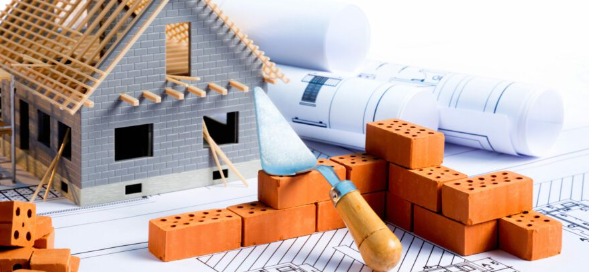Six Documents You Need When Selling Your Home

Why Are Michigan Houses Cheap?
December 25, 2023
Best Algarve Beaches for Swimming
December 30, 2023When it comes to selling your home, there are several documents you will need to have ready to make the process run smoothly. This blog post will go through the six most important documents you need.
Proof of Identity
All the people involved in the house buying and selling process, including solicitors, estate agents and mortgage advisers, will all want to see your proof of your identity to complete money-laundering checks. Valid forms of identity documents include a driving licence, passport, utility bill (less than three months old) or a bank statement.
Energy Performance Certificate
For the last 10 years, it has been a legal requirement to have an energy performance certificate, so if you have moved within that time, you may already have one. You can check this by entering your postcode on this government site. If your home does not have a current EPC, it is a legal requirement to have one before you put your house up for sale.
Planning Permission Certificates
If you have altered or changed your property substantially since you have been living there, you will need to prove that you had the correct planning permission in place. Buyers will need any building regulation approvals, planning permissions and completion certificates. If the work is still ongoing, you will also need to provide details of this.
FENSA Certification
If you have replaced the windows in your home in the last 10 years, then you will need to provide the FENSA certificate to prove they were installed within the correct building regulations. If you have lost these certificates, then you can search for them on the FENSA website. However, if your windows were not installed within the FENSA guidelines, you may have to pay indemnity insurance.
New-Build Warranties
If your home was built in the last 10 years, you will need to provide the NHBC Buildmark warranty document. If you need easy to understand conveyancing news and information, companies such as https://www.samconveyancing.co.uk/news/conveyancing can help.
Land Registry Title Documents
The land registry title is the proof you own your property. Your solicitor may have sent it to you when you bought your home, but if you don’t have it, the documents may also be with your mortgage company. All homes should be registered with the Land Registry, and you can check this online for a small fee of Ł3. It is estimated, however, that around 15% of properties are not registered, and if this applies to your home, it may make the selling process more difficult. A conveyancing solicitor should be able to help you apply for a document called ‘first registration’, which will help you prove that you own your property.


